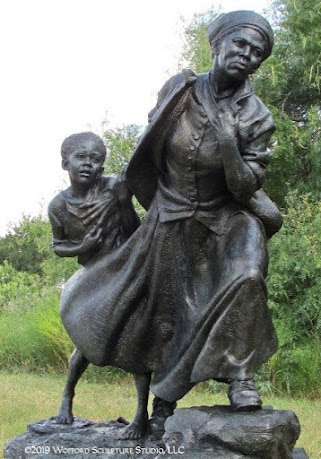OUR FIRST CIVIL WAR: PATRIOTS and LOYALISTS in the AMERICAN REVOLUTION (audiobook) by H.W. Brand

Published by Random House Audio in November of 2021. Read by Steve Hendrickson. Duration: 16 hours, 31 minutes. Unabridged. When I read the title of this audiobook, OUR FIRST CIVIL WAR: PATRIOTS and LOYALISTS in the AMERICAN REVOLUTION , I was sure that I was going to be listening to an in-depth look at how the population of the young United States dealt with its neighbors and family that disagreed about the question of independence. The most famous example is Benjamin Franklin and his son William Franklin. William Franklin was the last royal governor of New Jersey and their relationship never recovered from the shock of the Revolutionary War. This book deals with more of these issues than most histories of the Revolutionary War era, but that is not particularly hard to do - most of them mention the Franklin family situation and use it as a stand-in for all families. But, it does not go in-depth into this concept of Loyalists vs. Patriots. For example, I learned more about this topi















